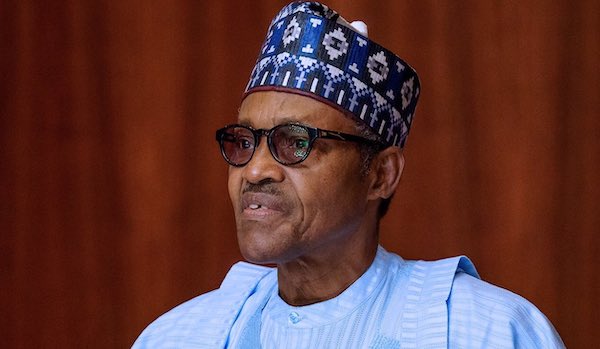Business
Nigerian govt paid N140.98bn for ‘phantom’ projects in 2020

The Federal Government paid N140.98 billion for “non-existing” projects in 2020, Ripples Nigeria reports.
An analysis of data on the Open Treasury Portal revealed that the payments were initiated by the federal government in 2020 with no description on why they were made.
Ripples Nigeria tracked 1,398 payments made in nine different months to various ministries, parastatals, security agencies, educational institutes, contractors and individuals among others.
The payments were made in January, February, March, April, May, June, October, November and December.
Records on the payments made in July, August, September were missing while January, October had less than one week of payment computed for each.
The federal government launched the Open Treasury Portal in 2019 in a bid to make public reports on how monies that come into the government’s coffer are being expended.
The portal is designed to publish payments of at least N10 million and outlines the Ministries, Departments, and Agencies (MDAs) responsible, the beneficiary, the purpose, and details of each payment.
The MDAs publish payments above N5 million.
A breakdown of the figures showed that the year 2020 started with N5.25 billion payments made by the federal government with no description to contractors and MDAs.
READ ALSO: Nigerian Govt. to pay N71bn as counterpart funding for six rail projects in 2021
In February the figure increased to ₦37.72 billion.
A total unexplained sum of N35.14 billion exchanged hands in March while N11.42 billion, N22.20 billion and N24.32 billion payments were made in April, May, and June without description.
The government also paid N141.4 million in October and N1.02 billion and N2.93 billion in November and December without description.
A quick search conducted by Ripples Nigeria on the portal discovered that some records were missing in key sections on the website.
The sections are Quarterly Budget Performance Report, Quarterly Financial Statements (MDAs), Quarterly Consolidated Financial Statements, and the Annual General Purpose Financial Statements.
The Transparency International had last month ranked Nigeria as the second most corrupt country in West Africa in its 2020 Corruption Perception Index (CPI) report.
On the global scale, Nigeria slipped from 146th to 149th position, its worst ranking since 2015.
The Minister of Information and Culture, Lai Mohammed, who reacted to the country’s poor ranking in the CPI, said the federal government’s “anti-graft crusade placed great emphasis on corruption prevention measures and building of integrity systems.”
“A number of significant policies have been instituted to enhance transparency and accountability and prevent corruption since the inception of the present administration,” the minister argued.
Join the conversation
Support Ripples Nigeria, hold up solutions journalism
Balanced, fearless journalism driven by data comes at huge financial costs.
As a media platform, we hold leadership accountable and will not trade the right to press freedom and free speech for a piece of cake.
If you like what we do, and are ready to uphold solutions journalism, kindly donate to the Ripples Nigeria cause.
Your support would help to ensure that citizens and institutions continue to have free access to credible and reliable information for societal development.




















